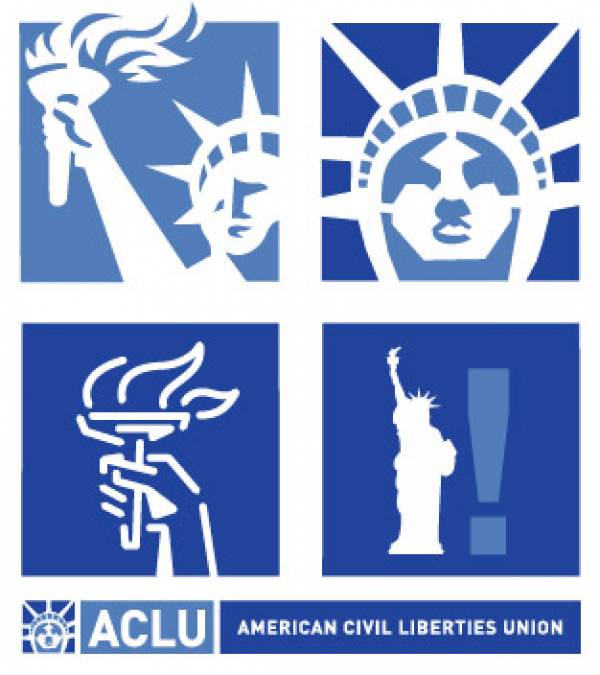EFF and ACLU Step Into Kentucky Gambling Domain Case

The Web Host Industry review is reporting that a court appeal designed to curb online gambling could jeopardize free speech, according to a number of groups that have been urging the Kentucky Supreme Court to uphold a ruling blocking state officials from ordering out-of-state registrars to turn over more than 100 overseas Internet domain names accused of violating state gambling laws.
In a Friday friend-of-the-court brief filed with the Kentucky Supreme Court in support of the appeals court ruling, the Electronic Frontier Foundation (http://www.eff.org/), the Center for Democracy and Technology (http://www.cdt.org/), and the American Civil Liberties Union of Kentucky (http://www.aclu-ky.org/) argued that the state's attempt to regulate overseas websites is fatally flawed and would violate the First Amendment, the Commerce Clause, and the Due Process Clause.
The case began in September 2008 when a state court judge ordered the seizure of 141 domain names, claiming the domains were "gambling devices," banned under Kentucky law. An appeals court later overturned the ruling, reasoning that "it stretches credulity to conclude that a series of numbers, or Internet address, can be said to constitute a 'machine or any mechanical or other device...designed and manufactured primarily for use in connection with gambling,'" according to court documents.
State officials however, appealed the order, leading the issue to come before the Supreme Court, where they have met with resistance from not only the EFF, the CDT, and the ACLU of Kentucky, but also the Media Access Project (http://www.mediaaccess.org/), the United States Internet Industry Association (http://www.usiia.org/) and the Internet Commerce Association (http://www.internetcommerce.org/).
"No state can order a domain name registrar over which it does not have jurisdiction to do anything," EFF senior staff attorney Matt Zimmerman said in a statement. "The commonwealth simply hasn't satisfied its burden here. Without these important protections, no website would be safe from arbitrary decisions by foreign courts to silence online content that they don't like."
CDT general counsel John Morris said, if approved, Kentucky's domain seizures would set a dangerous precedent that would allow any government in the world to seize any website domain name if it disagrees with the site's content. "Such a theory, if upheld, would be devastating to free expression around the world," Morris said in a statement.













